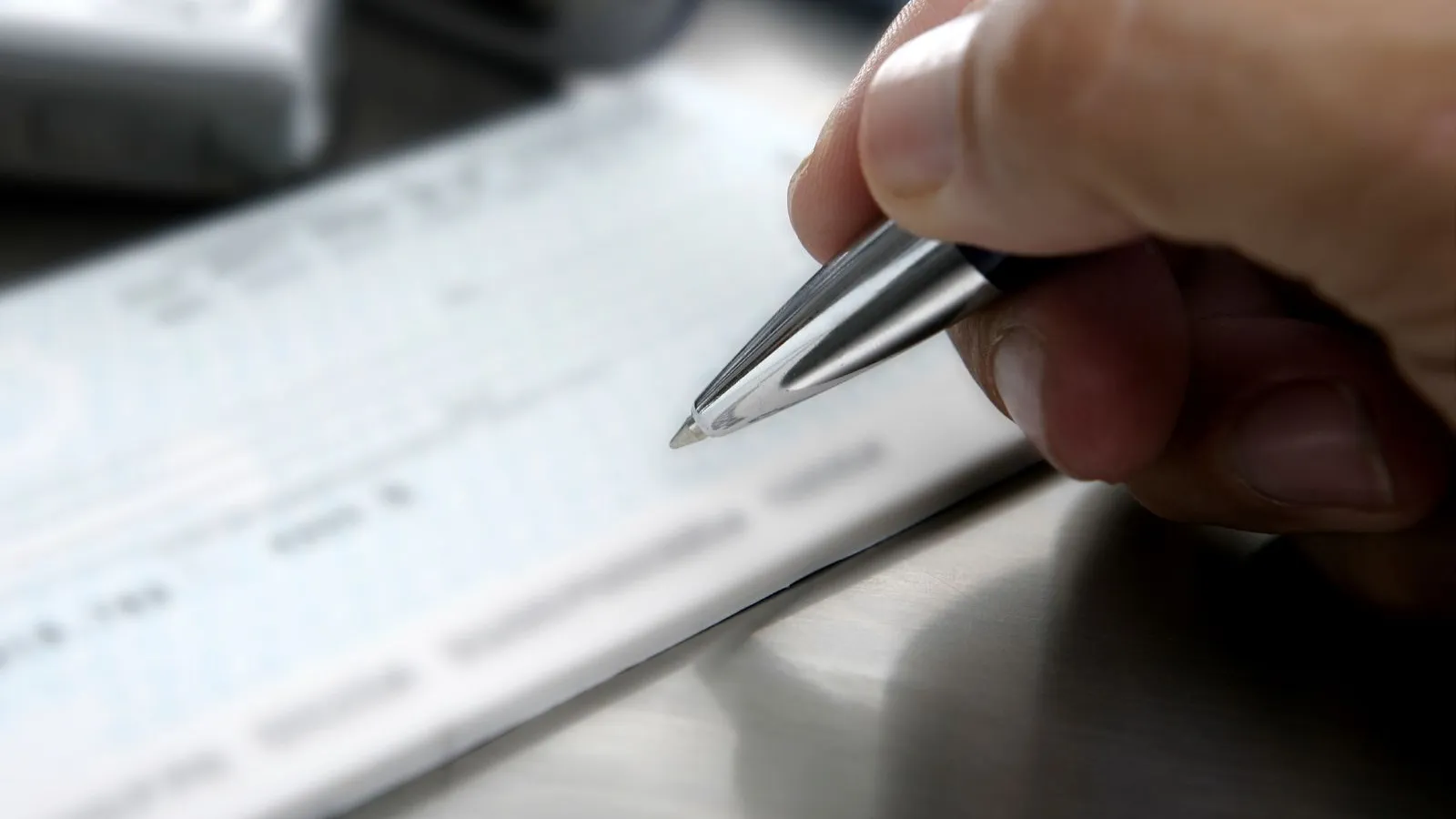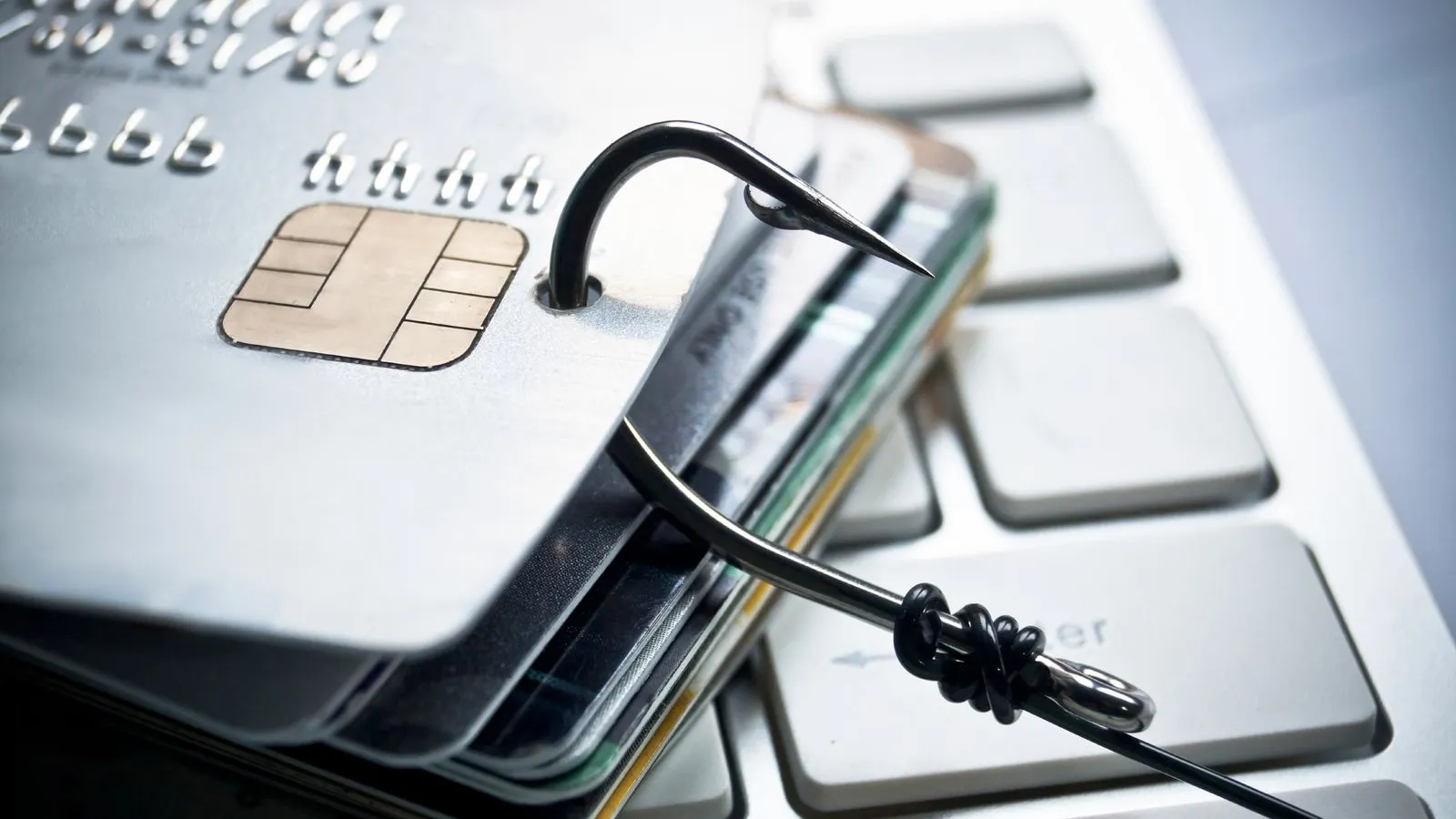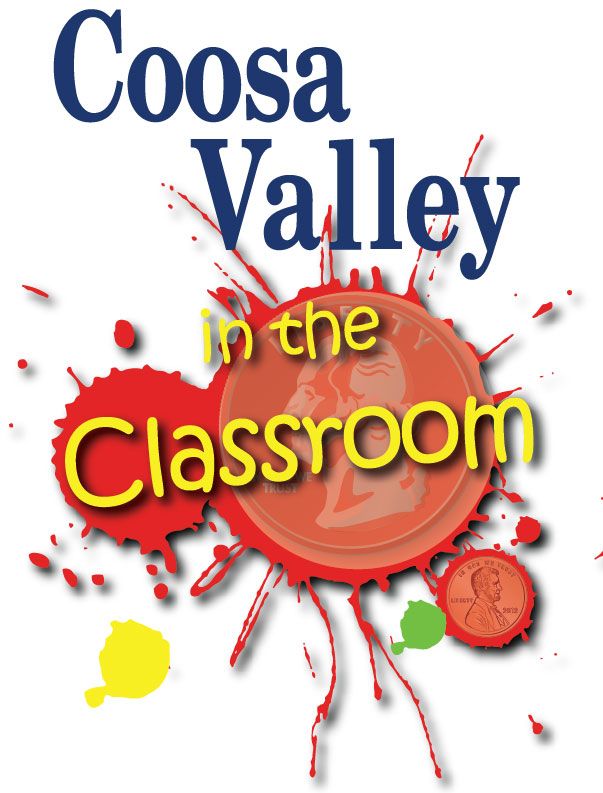Learning Center
Check out our resources, designed to help you learn about financial education topics, information security and how to protect your identity.
Learning about information security and how various types of fraud and attacks happen can help prevent you from becoming a victim or help minimize the impact should you become one.

Identity Theft/Fraud
Identity theft is the use of your personal information, without your knowledge, to commit fraud or other crimes. In many cases of identity theft, the victim is left unaware of this activity for some time after the initial incident has occurred. The effects of identity theft can be costly to you in terms of time, money, and stress.
Identity theft can occur from any of the following:
- When your purse, wallet, briefcase, etc. has been stolen.
- When your computer, tablet, phone, or other internet connected device, has become infected with malware.
- When businesses you have conducted business at, either local or online, have suffered a data breach.
- When phishing attempts are successful in obtaining your confidential information.
- When trash has been picked through by identity thieves, also known as "dumpster diving".
Always remember that Coosa Valley Credit Union will never solicit your personal information via email, phone call, text messages or social media.
Card Fraud
Credit and Debit card fraud is the use and abuse of a person's credit or debit card without their permission or consent. Although you may have your physical credit/debit card in your possession, fraudsters can still use your card number without your knowledge or consent.
Tips to Avoid Debit Card Fraud
- Make sure we have your up to date phone numbers. Our fraud department will call the number we have on file, in an attempt to verify charges that may seem out of your norm.
- Keep a close eye on your account and attempt to resolve any erroneous charges with the merchant first.
- Don't fall for phishing attempts online - such as "free gift or a prize you won" but you have to cover shipping costs and must enter your debit card number to receive the items.
- Never give personal information over the phone, no matter what.
- Destroy old receipts/statements or even old cards; it is possible that crooks can get access through your trash.
- Try to never let your card leave your sight. When at a restaurant, choose to pay at the table or with the front clerk when possible.
- When possible, try only to use ATMs at a bank or credit union, and avoid locations like gas stations or convenience stores.
- Always check for skimmers. If the ATM looks questionable, don't use it.
- Only buy online from well known, reputable businesses or websites.
- Make sure your personal computers or tablets have an updated antivirus software.
Always remember that Coosa Valley Credit Union will never solicit your personal information via email, phone call, text messages or social media.

Check Scam/Fraud
Check fraud has become an increasing problem that continues to target individuals on a daily basis. With modern technology, a criminal can create, realistic & believable yet counterfeit, personal checks/business checks/Cashier's Checks/Money Orders to defraud people from their hard earned money.
Many check fraud scams will come in the form of:
- A sweepstakes that you supposedly won.
- A person in a foreign country needing help.
- A work from home offer that is too good to be true.
- A request for an advance of money in return for a promise of a larger sum.
- Stolen checks (or checks being used without your permission) being fraudulently endorsed and/or used.
- Sadly, no matter what the pitch the scammed reader is always the victim. Knowledge is power, don't get scammed!
Always remember that Coosa Valley Credit Union will never solicit your personal information via email, phone call, text messages or social media.

Phishing Scam/Fraud
Phishing is all about the bait!
Phishing, is luring someone into providing personal/financial information to a scammer posing as a legitimate business. The scam involves a convincing message that would directly affect the reader. The message comes with a "bait" action of what-to-do to help resolve the issue. The success of these scams depend on the reader's initial response to the message and what their next step is, which is typically motivated by fear, uncertainty, and/or doubt. Phishing scams can be conducted through a variety of ways including email, phone call, text messages and even social media.
Always remember that Coosa Valley Credit Union will never solicit your personal information via email, phone call, text messages or social media.
Internet Malware
Although the Internet has created an easy and convenient way to stay informed, purchase items, sell items, research, and conduct everyday business, the same can be said for fraud. Viruses, Trojans, Spyware, Malware, etc. all pose an ongoing threat to businesses and individuals alike by providing ways to defraud, attack, and disrupt. By being educated on "what can I do?" these steps will help to minimize or thwart the everyday threats from life on the Internet.
"What can I do?" Steps may include the following:
- Ensure you use strong/complex passwords for your internet, banking, purchasing, and business activities. Change these passwords regularly.
- Ensure you use computers/devices which are known to be uninfected and uncompromised by viruses and malware.
- Ensure you use a firewall to protect your internet connected computers and devices.
- Ensure you use a reputable Anti-Virus/Anti-Malware program to protect your computers/devices.
- Ensure your software (both operating system and software) are patched regularly and routinely.
- Ensure you avoid the use of "open" wireless hot-spots as these are unsecure and you cannot guarantee the security of them. Keep in mind, even these "Locked" or secured wireless hotspots can be unsecure. Only networks you can guarantee the security of should be trusted.
- Ensure you never perform confidential transactions or functions on "open" wireless hot-spots.
- Ensure you always log-off of all sessions pertaining to anything confidential. Never remain logged on!
Always remember that Coosa Valley Credit Union will never solicit your personal information via email, phone call, text messages or social media.
Resources for Teachers

Personal finance is a skill that takes time and education. Coosa Valley in the Classroom is a financial literacy program for students created by Coosa Valley Credit Union to foster financial responsibility and a better quality of life. This program, designed to sharpen students' knowledge about managing money, is a series of classroom lessons on various topics that form the foundation for a lifetime of financial success.
Each lesson is:
- Taught by a trained credit union staff member.
- Available to students K-12
- Adaptable for 30-90 minute presentations
- Interactive and engaging
- Connected to specific Georgia Standards of Excellence
- Totally customizable